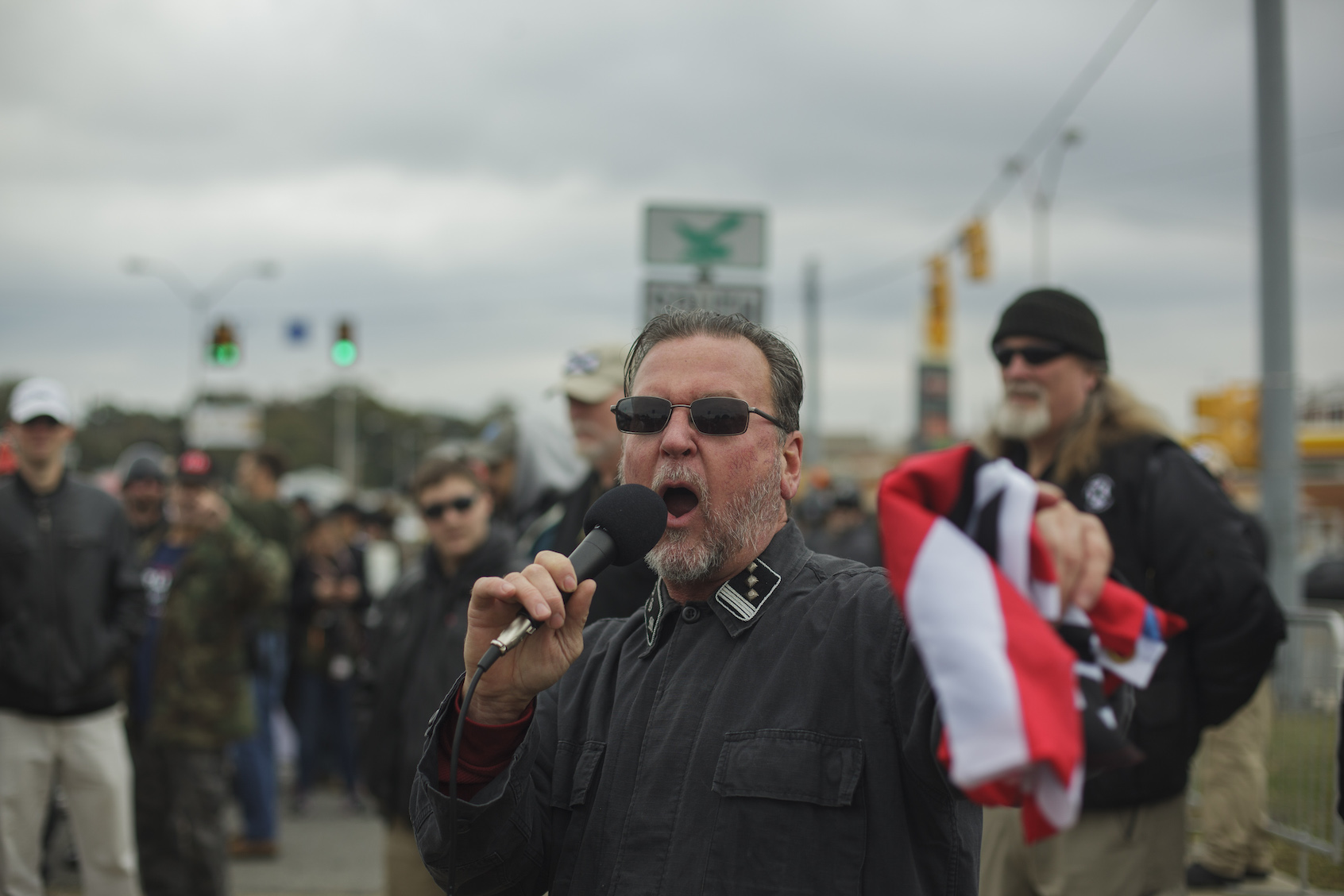In October 2023, an Arkansas-based organization known as Return to the Land initiated its first “whites-only community” in the Ozark Mountains. This effort was followed by the establishment of a second enclave in 2025. Describing itself as a “private membership association,” the group aims to create communities for those of “European heritage.” They have plans for four additional sites, including another location in the Ozarks and two in the Appalachian region.
Return to the Land’s strategy hinges on its classification as a private membership association, which they believe allows them to create a white ethnostate where residency is restricted based on race, religion, and sexual orientation. Co-founder Eric Orwoll clearly articulated the group’s mission, stating, “You want a white nation? Build a white town … it can be done. We’re doing it.”
The concept of a white ethnostate, while not explicitly embraced by Return to the Land, aligns with broader ideologies of white nationalism, which often promote the belief that white individuals are a genetically and culturally superior race that requires protection and preservation.
Historical Context and Similar Initiatives
The notion of white ethnostates is not new. One of the most prominent proposals, known as the Northwest Imperative, emerged during the 1970s and 1980s. This plan advocated for the establishment of a whites-only settlement across several states in the U.S., including Washington, Oregon, Idaho, Wyoming, and Montana. Proponents argued that these areas, already predominantly white, were suitable for such initiatives due to their expansive undeveloped lands. Figures like Richard Butler and David Lane were among the notable supporters of this movement.
Today, groups such as the Northwest Front, established in 2009, continue to promote variations of this idea, targeting the Pacific Northwest as a potential site for white-only communities. However, the movement has also expanded to other regions, including the Northeast. In 2018, Tom Kawczynski, then town manager of Jackman, Maine, was dismissed after his pro-white sentiments were revealed. More recently, in 2023, the People’s Initiative of New England, linked to the neo-Nazi National Socialist Club-131, announced its intention to create a whites-only territory across the six New England states.
The quest for larger territories often proves impractical, prompting many advocates to pursue the establishment of smaller, all-white communities. Notably, in 2013, neo-Nazi Craig Cobb attempted to buy land in Leith, North Dakota, to create a white nationalist enclave, but local residents successfully opposed his efforts. Cobb faced legal repercussions after threatening residents and eventually returned the property to the town in 2014.
In 2021, it was revealed through leaked communications that Christopher Pohlhaus, a former U.S. Marine and founder of the neo-Nazi group Blood Tribe, sought to create a whites-only community in Springfield, Maine. However, media attention forced him to abandon the project.
The Broader Movement and Community Resistance
The attempts to establish white ethnostates are part of a larger trend toward white nationalism in the United States. A significant aspect of this movement is characterized by an intensified focus on anti-immigrant sentiments, which have fueled acts of extreme violence. For instance, the 2019 shooting in El Paso, Texas, which resulted in the deaths of 23 people, predominantly Hispanic, was driven by the “great replacement theory.” This conspiracy theory posits that various societal changes threaten the existence of the white race.
A further tragic example occurred in 2022, when a mass shooting in Buffalo, New York, claimed the lives of ten Black Americans. The shooter specifically targeted a grocery store in a predominantly Black neighborhood and left behind a manifesto espousing white supremacy.
Despite these alarming trends, communities across the United States have successfully resisted the establishment of white ethnostates. In Leith, North Dakota, residents mobilized by creating awareness of Cobb’s intentions through an informative website. Public backlash similarly confronted Pohlhaus in Maine, demonstrating that local activism can thwart such initiatives.
In response to Return to the Land’s actions, Arkansas Attorney General Tim Griffin acknowledged in July 2025 that his office is reviewing the group’s activities to determine if any laws have been violated. He emphasized that while “racism has no place in a free society,” the legal framework currently does not indicate any clear violations at this time.
As these movements continue to evolve, they highlight the persistent undercurrents of racial division and the ongoing struggle against extremism in American society. The response from communities and authorities will play a crucial role in shaping the future landscape of these initiatives.
